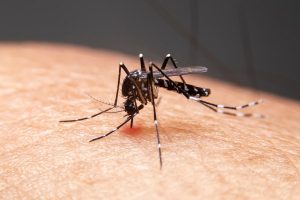Certain bacteria found in the vagina may increase a woman’s risk for the sexually transmitted disease chlamydia.
That’s the finding from a new observational study in the Netherlands.
Researchers examined the composition of vagina bacteria in 122 healthy young women between the ages of 16 and 29, using vaginal swabs collected when they did not have chlamydia.
A year later, the women were re-examined and 61 tested positive for the disease. The researchers compiled sociodemographic information on the women and asked them about their sexual behavior. These results were compared to a control group of women with similar ages and ethnicities.
The study, published online Sept. 25 in the journal Sexually Transmitted Infections, found that women with excessive amounts of a specific strain of Lactobacillus (Lactobacillus iners) in their vagina were more likely to become infected with chlamydia.
These findings don’t prove that this vaginal imbalance causes the infection to occur, and more research is needed to explain this association or greater vulnerability to chlamydia, the researchers said.
Chlamydia is the most common sexually transmitted infection in industrialized nations, the study noted. Many people with the infection do not develop symptoms. But if left untreated, it can increase the risk for HIV infection and lead to long-term health issues, including infertility, pelvic inflammatory disease and ectopic pregnancy.
More information
The U.S. Centers for Disease Control and Prevention provides more information on chlamydia.
Source: HealthDay
Copyright © 2025 HealthDay. All rights reserved.

















